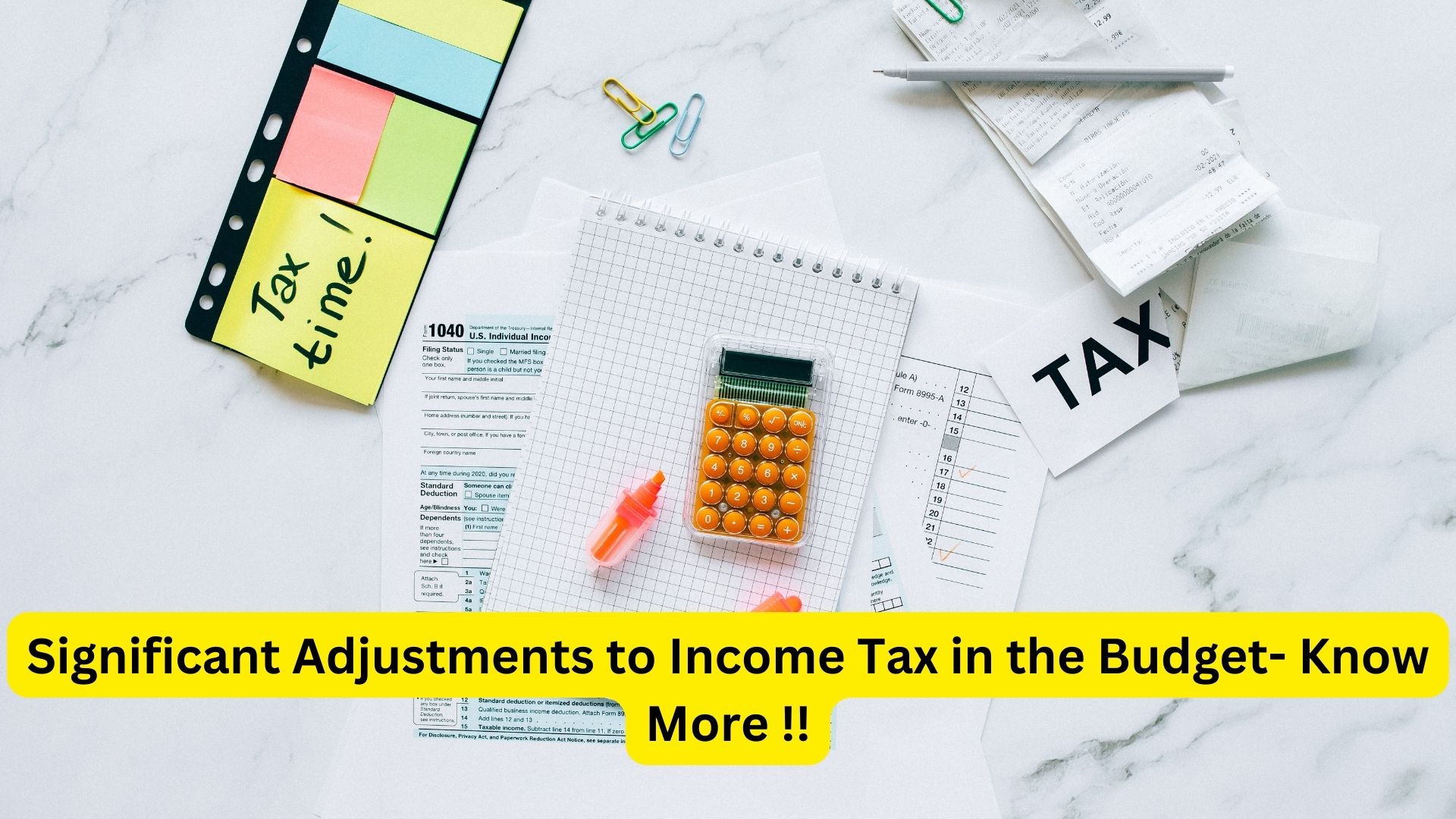
Despite being an interim budget, there were expectations that the government would announce certain direct tax measures focusing on the ‘Make in India’ initiative, job creation, and other measures to sustain a strong economy. This anticipation aligned with previous interim budgets, where the government had introduced amendments to tax provisions.
However, the finance minister, in the budget, declared no changes in the tax proposals, maintaining the existing tax rates for both direct and indirect taxes, including import duties.
The budget extended certain incentive provisions expiring on March 31, 2024, ensuring the continuity of benefits. Administrative measures were also introduced to enhance taxpayer services and promote ease of living and doing business.
The existing tax holiday for start-ups, expiring on March 31, 2024, was extended by one year to March 31, 2025. Recognized start-ups certified by the Department for Promotion of Industry and Internal Trade (DPIIT), engaged in eligible businesses, can avail 100% tax deduction on profits for any 3 consecutive years within a 10-year period from the date of incorporation.
The commencement of operations by the investment division of offshore banking units (Category‑I FPIs) located in the International Financial Services Centre (IFSC) was extended until March 31, 2025, with an exemption from certain incomes. Similarly, the exemption for royalty/interest income arising to non-residents from leasing of aircraft/ship and income from the transfer of such leased aircraft/ship was extended until March 31, 2025.
Certain income earned by eligible wholly-owned subsidiaries of Abu Dhabi Investment Authority, sovereign wealth fund, and foreign pension funds was extended for investments made up to March 31, 2025. However, the concessional tax rate of 15% for new manufacturing companies commencing operations by March 31, 2024, was not extended.
The deadline for introducing a faceless scheme for transfer pricing assessment, Dispute Resolution Panel (DRP) proceedings, and a scheme for efficiency, transparency, and accountability in the Income Tax Appellate Tribunal (ITAT) was extended until March 31, 2025.
The finance minister highlighted government efforts to improve taxpayer services and announced the withdrawal of outstanding tax demands up to Rs 25,000 for years up to the Financial Year (FY) 2009-10 and up to Rs 10,000 for FYs 2010-11 through 2014-15.
This move is welcomed as it not only aids the government in cleaning its financial records but also provides relief to taxpayers and facilitates the release of refunds currently held up or adjusted due to these demands.
The focus now shifts to the Finance Bill (No 2) of 2024, which the elected government is expected to present later this year. The aim is to maintain the momentum of development and achieve the target of becoming the world’s third-largest economy with a GDP of $5 trillion by 2027, surpassing Japan and Germany.
Also Read
What is the Tax Deduction Limit for Section 80C in FY 2024-25 Post Interim Budget 2024?
